Why the Original “Wheel of Fortune” Host Was Fired After Just One Season
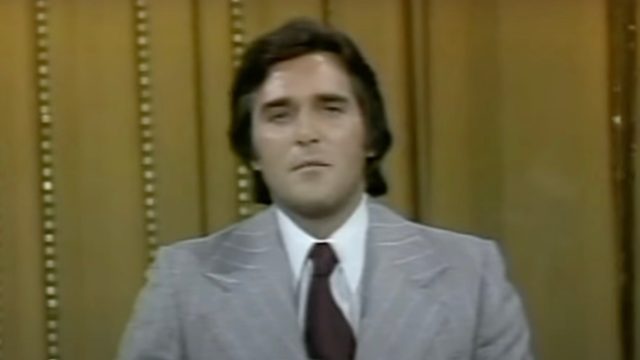
When Pat Sajak retires from Wheel of Fortune later this year to be replaced by Ryan Seacrest, he’ll be ending a record-setting stint as a game show host. The 77-year-old has been helping contestants spin the wheel and buy vowels since 1981, with his 43-year term eclipsing Bob Barker’s 35 years leading The Price Is Right. (Co-host Vanna White joined Wheel a year after Sajak.) But though his name is now synonymous with the show, Sajak wasn’t the original host. He was preceded in the role by another game show legend who ended up leaving Wheel of Fortune over a salary dispute. Keep reading to learn how money issues and a supposedly “hostile work environment” may have cost Chuck Woolery a lifelong gig.
RELATED: Ken Jennings Breaks Silence on Mayim Bialik’s Jeopardy! Exit.
Wheel of Fortune debuted in 1975 as a daytime show on NBC.
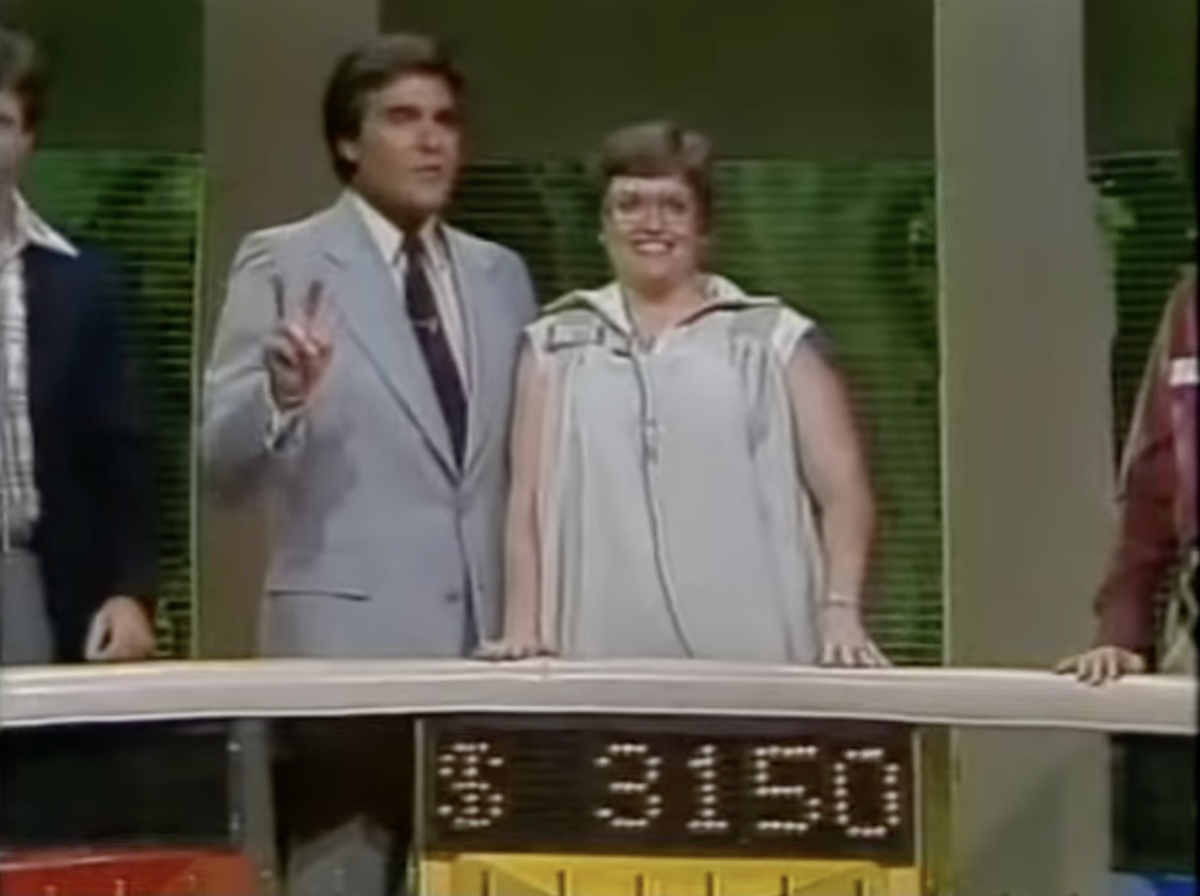
Though it lives on today as one of the most popular syndicated series on television, Wheel of Fortune actually started out as a daytime series on NBC. Wollery, then best known as a singer and a performer on the children’s TV show New Zoo Review, served as the original host.
But he wasn’t the only one vying for the gig. While Woolery was holding the mic for the show’s original pilot, when it went by the name Shopper’s Bazaar, actor Edd Byrnes (who played Vince Fontaine in Grease) was tapped for the gig for two more test episodes, which actually bore the name Wheel of Fortune.
When it came time to pick a permanent host, however, producer Merv Griffin allegedly chose Woolery, according to Come on Down!!! The Game Show Book (via Buzzer Blog), because he’d overheard Byrnes repeating the vowels to himself over and over in order to memorize them. Susan Stafford, who had turned letters for Byrnes during his episodes, was chosen as Woolery’s co-host. In its first year, the show aired opposite CBS’s The Price Is Right.
RELATED: 6 Classic Game Shows You Completely Forgot.
Woolery left the show over a salary dispute.
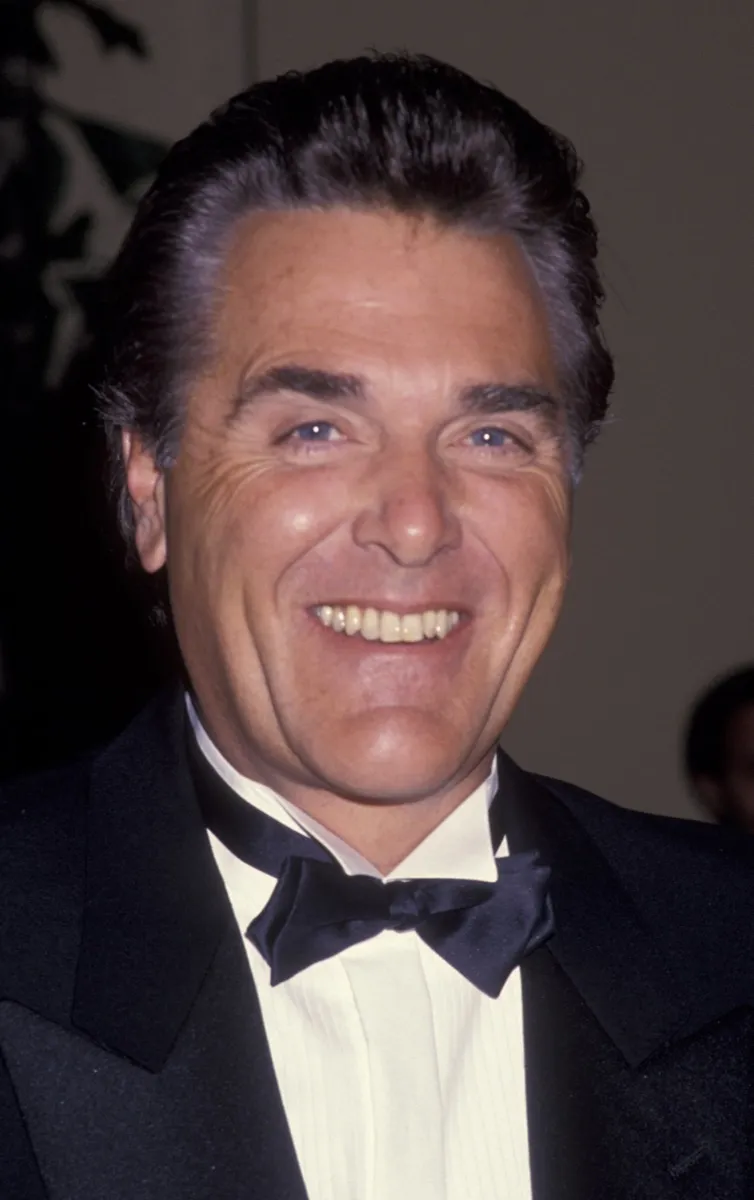
The Woolery version of the show wasn’t quite the success it would eventually become.
“Both Chuck and Susie did a fine job, and Wheel did well enough on NBC, although it never approached the kind of ratings success that Jeopardy! achieved in its heyday,” remembered Griffin in his memoir Merv: Making the Good Life Last, as reported by The Washington Post.
Still, the show did well enough that when the hosts’ contracts were up in 1981, Woolery asked for a raise—from $65,000 a year to $500,000, he told the Vegas-centric podcast The Strip in 2007. He believed that he deserved to earn the same amount as the hosts of shows that got similar ratings.
Woolery also told the podcast that Griffin, a host in his own right, had created a “hostile work environment” for him and was only willing to pay him $400,000 for a season. Woolery also claimed that when NBC offered to step in with the additional $100,000, the producer was furious and threatened to take the series to CBS. The network withdrew the proposal to pad his salary, and—according to Woolery—Griffin then fired him and replaced him with Pat Sajak.
The show found a lucrative new life in syndication.
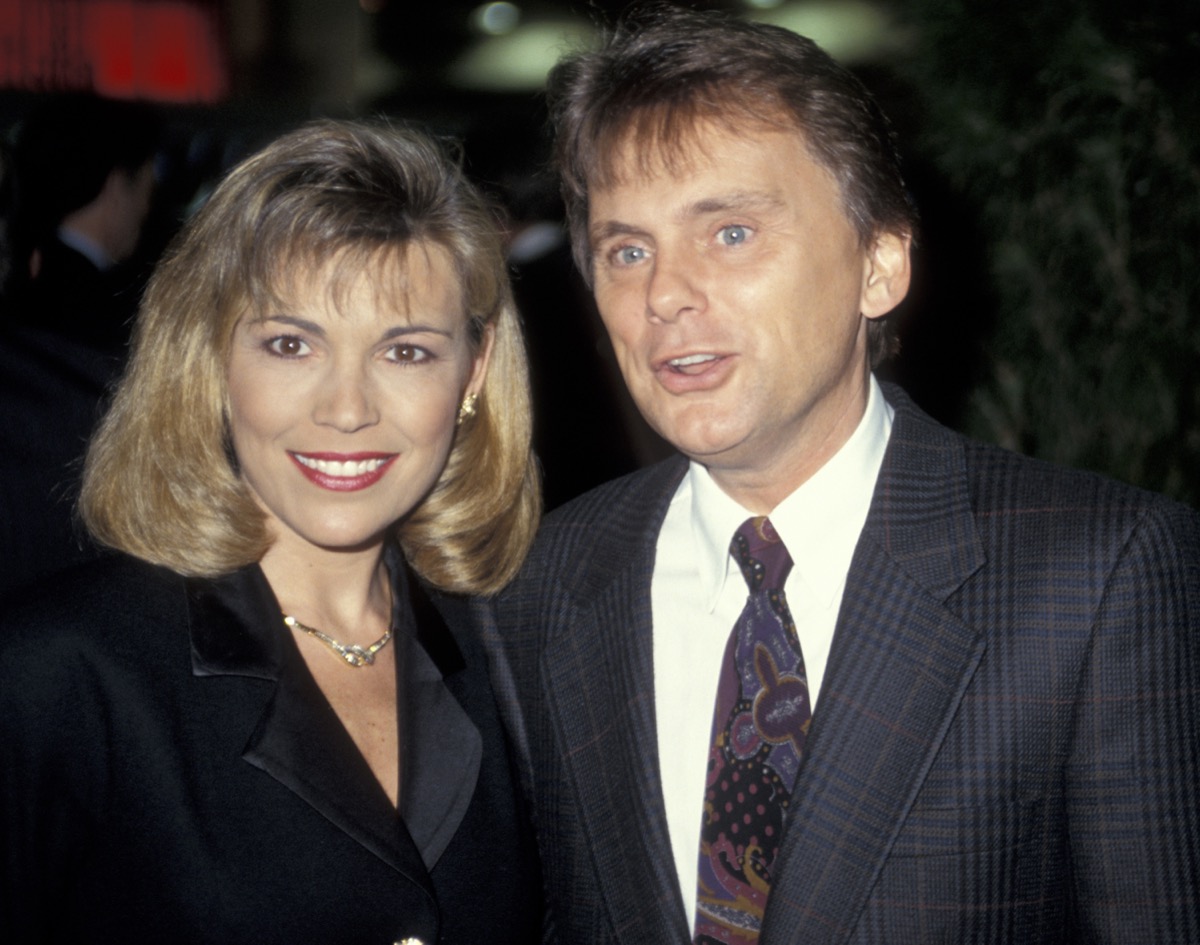
Though already popular, Wheel of Fortune would soon find the outsized success Griffin was seeking when, in 1983, it expanded into a syndicated series that was for years produced concurrently alongside the network edition. Sajak led both versions of the game show until leaving NBC’s daytime edition in 1989. White took over for Stafford when she retired from Hollywood in 1982 to focus on her humanitarian work.
Together, Sajak and White would go on to host more than 7,000 episodes of the syndicated version of Wheel, which remains one of syndicated TV’s most popular shows.
RELATED: Pat Sajak Slams Wheel of Fortune Fans Who Think the Show is “Fixed.”
Woolery eventually found his own game show success.
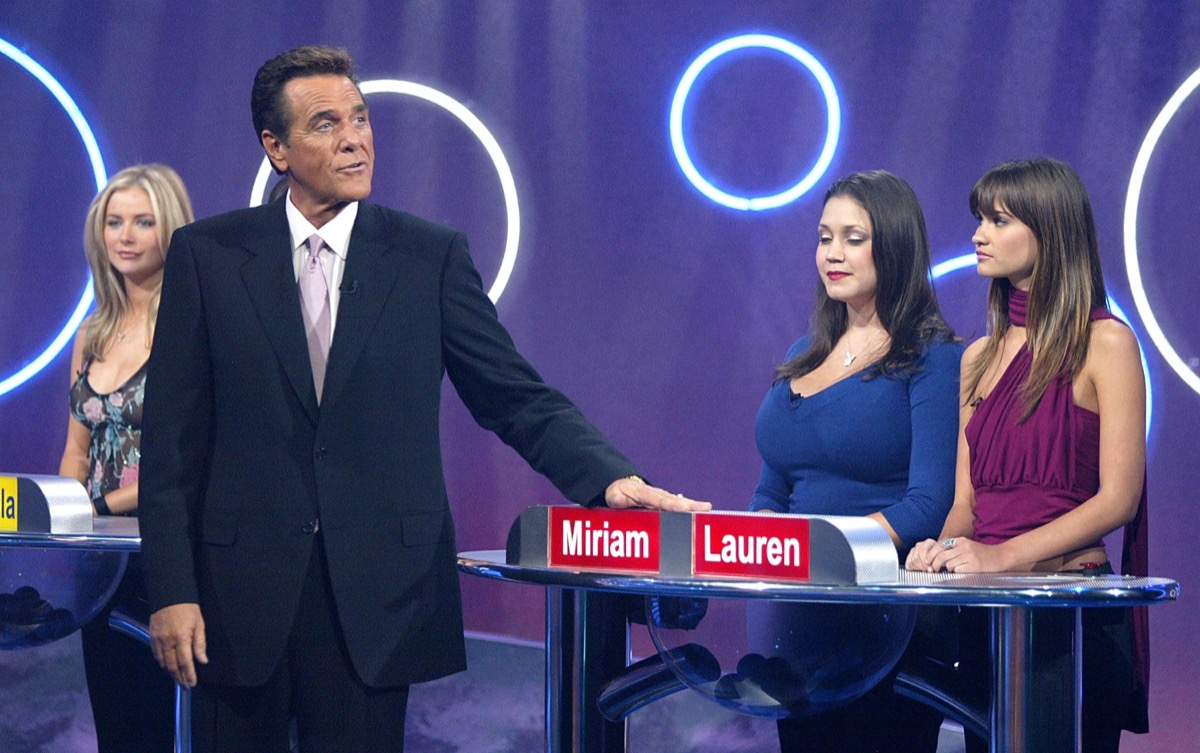
Though Woolery didn’t land the permanent gig at Wheel, he didn’t completely lose his turn as a popular game show host. Shortly after leaving the show, he was chosen as the host of Love Connection—a job he held from 1983 to 1994.
Simultaneously, Wollery hosted a TV edition of Scrabble (1984 to 1990) and went on to banter with countless contestants on other game shows, including The Dating Game (1997 t0 1999) and Lingo (2002 to 2007).
For more TV nostalgia sent right to your inbox, sign up for our daily newsletter.